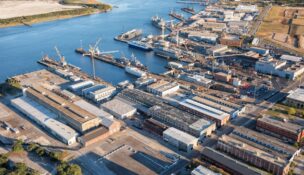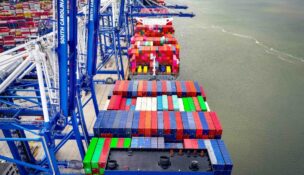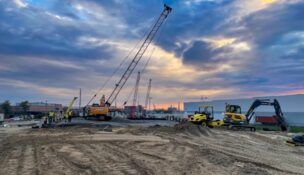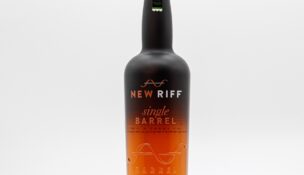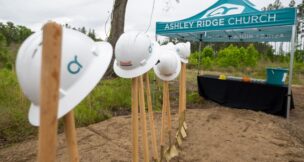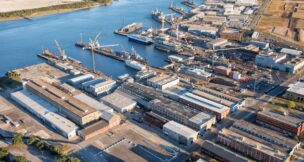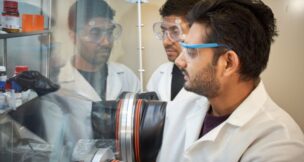Frontier Logistics agrees to $1.2 million settlement in pellet lawsuit
Staff Report //March 4, 2021//
Frontier Logistics agrees to $1.2 million settlement in pellet lawsuit
Staff Report //March 4, 2021//
Frontier Logistics has agreed to pay a $1.2 million settlement after it was accused of releasing plastic packaging pellets into Charleston Harbor.
The settlement is still pending court approval but was filed publicly and settled March 3, according to a new release from the Southern Environmental Law Center. The settlement specifies that the agreement doesn’t indicate that accusations against Frontier were proven.
The $1 million settlement will be paid in four installments and deposited into an account that will fund water-quality improvements in the Charleston Harbor watershed, the release said. Another $225,000 will go toward paying for attorneys fees and expert costs, the settlement said.
“The ultimate goals of this lawsuit were to stop plastic pellets from polluting Charleston waterways and to compensate for the harm caused by that kind of plastic pollution,” said Catherine Wannamaker, a senior SELC attorney. “We’re pleased to say that has been accomplished.”
In October 2019, three environmental groups sent notice to Frontier Logistics, accusing it of polluting water with plastic from its packaging facility at Union Pier in downtown Charleston earlier in the year. The company has since relocated that operation to North Charleston.
As documentation of the pollution, Andrew Wunderley and his staff at Charleston Waterkeeper collected tens of thousands of so-called plastic “nurdles” from various locations.
“The Charleston Harbor is an amazing natural resource for all of us, and it shouldn’t be polluted without consequence,” Wunderley said in a statement. “We’re pleased Frontier has committed resources to both preventing pollution, and to funding future work that will improve the health of the Charleston Harbor.”
As part of the settlement, an independent auditor, along with a nurdle-pollution expert, will visit the facility to direct the company on how it can can avoid pellet leakage in the future.
Laura Cantral, executive director of the Coastal Conservation League, hopes the safeguards will set an example for the rest of the industry.
“More and more of these nurdle exporters want to set up shop on the coast, but industry growth cannot come at the expense of our waterways,” she said.
-





